
Preventive dentistry — also known as preventive dental care — is the practice of maintaining good oral health to help fight off dental diseases. You can apply preventive dentistry through a combination of routine dental check-ups, professional cleanings, and proper daily habits such as brushing, flossing, and maintaining a healthy diet. We’ll explain the most common preventive dentistry services, why they’re so important, and the types of dental plans you can get that can lower the cost of preventive dental care.
What are the Most Common Preventive Dentistry Services?
There are many ways to ensure your teeth and gums are healthy when it comes to preventive dental care. Here are the most common preventive services a dental professional can provide:
Regular oral exams
Scheduling a dental examination with your preferred dentist is one of the best ways to maintain your oral health. Your dentist will inspect your mouth for signs of cavities, tooth decay, gingivitis, and other dental problems. While it’s traditionally thought that you need to visit your dentist every six months, the American Dental Association says there’s no one-size-fits-all treatment plan. Talk to your dentist to establish a visit frequency that matches your unique dental needs.
Routine X-rays
During your oral exam, your dentist may also perform X-rays to help detect tooth decay and other problematic symptoms that aren’t visible on the surface.
Fluoride treatments
Dentists often apply fluoride to teeth as a gel, foam, or varnish to help strengthen teeth and prevent cavities. Fluoride treatments are most commonly used on children starting at 6 months old and lasting until the age of 16. However, adults can benefit from fluoride treatments if the dentist recommends it.
Professional cleaning
Most routine dental exams conclude with a thorough cleaning where your dental hygienist will remove plaque buildup and polish away stains that’ll leave your pearly whites glistening.
Learning home dental care techniques

Your dentist or hygienist may also provide at-home cleaning tips and advise you on any areas of concern. Some of their recommendations may include brushing your teeth twice a day, flossing once a day, being cautious with hard foods, and avoiding tobacco products.
Why is Preventive Dentistry So Important?
Preventive dentistry is important for a myriad of reasons. For one, being proactive about your oral health can lead to healthier teeth and gums, meaning you’re less likely to experience tooth loss, periodontal disease, and other dental problems. Additionally, since there are several nerve endings in the mouth, oral health issues can cause inflammation, which means you may live with throbbing pain until you address the problem with your dentist.
Secondly, preventive dentistry can help save you money. By practicing good dental habits at home and scheduling routine dental visits, you may avoid paying for costly restorative dental procedures such as crowns, implants, and fillings.
Finally, the mouth can be a great indicator of your overall health because it’s the entry point to your digestive and respiratory tracts. The Mayo Clinic suggests that oral health may be linked to several diseases and conditions, including endocarditis, pneumonia, cardiovascular disease, and diabetes. But by practicing good oral hygiene, you might be able to reduce the risk of these diseases and conditions.
Also, find out 7 Bad Dental Habits That Are Impacting Your Oral Health.



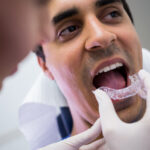
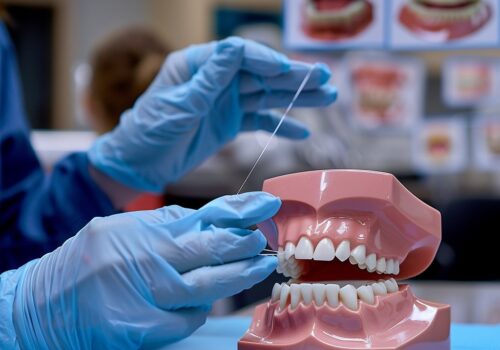
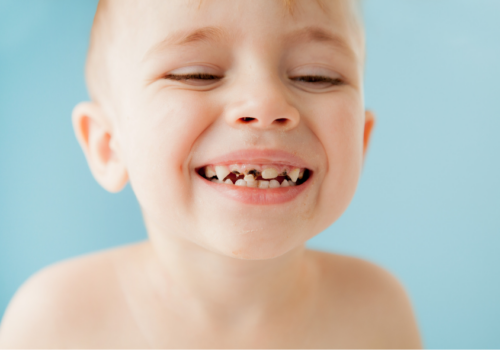
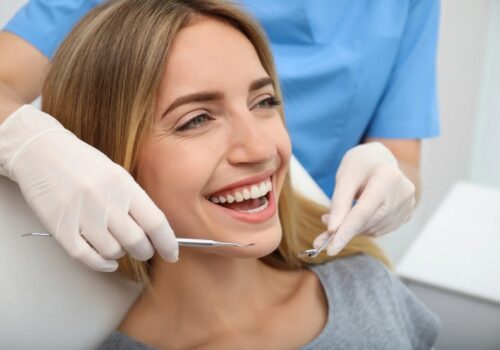
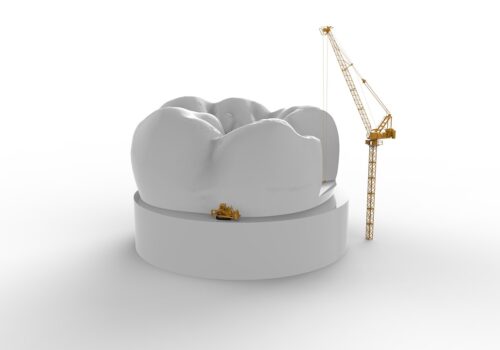
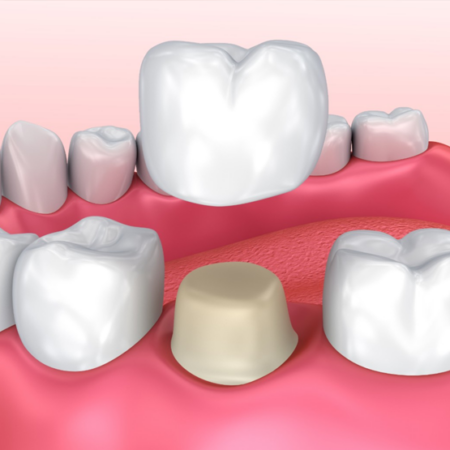
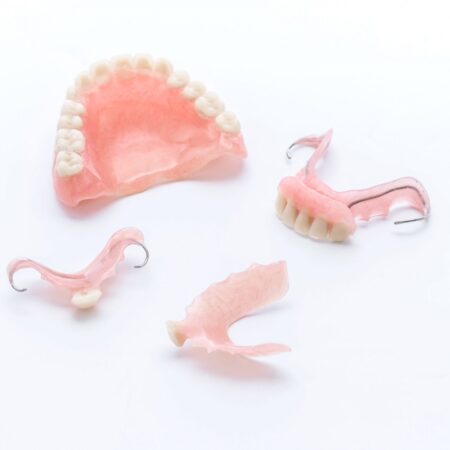
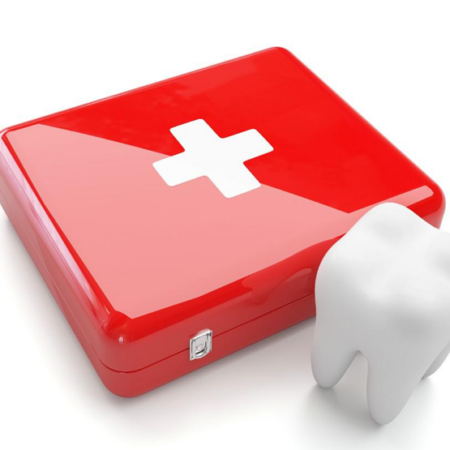
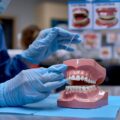


Pingback: Root Canals & common Signs